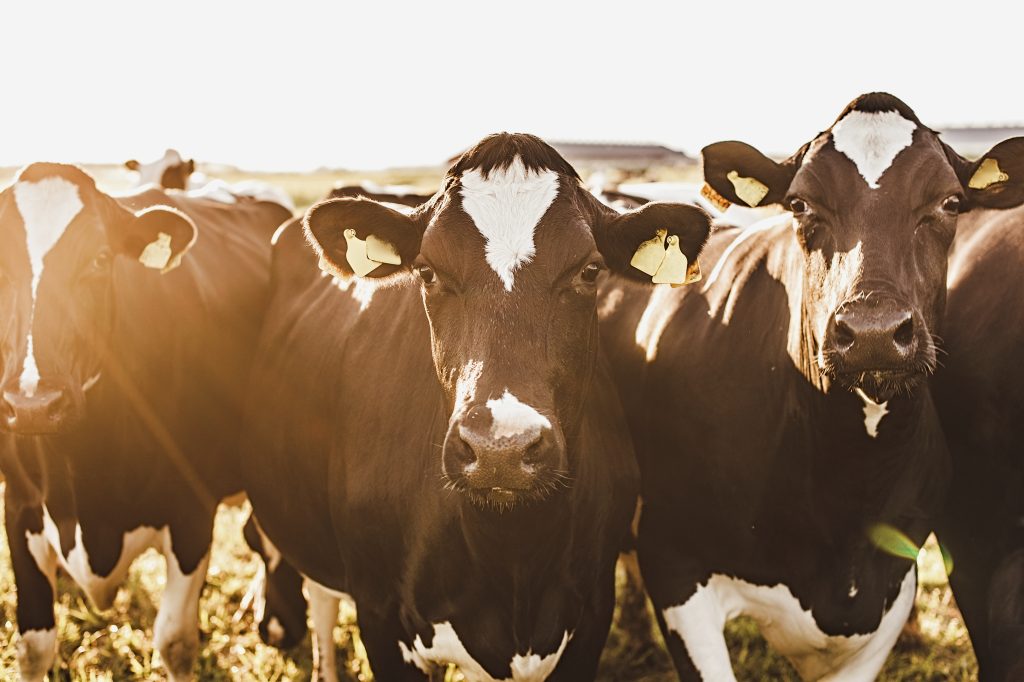Latest News
Land and Property Professionals
We sell, rent, manage, survey, plan and advise...what can we do for you?
We sell, rent, manage, survey, plan and advise...what can we do for you?
We are entering a period of change in the agricultural and rural sector. It seems that the Department for Environment Food & Rural Affairs (DEFRA) is releasing information on a weekly basis and there are other changes affecting rural property such as business rates revaluation. All this can make it difficult to keep up to date with the requirements.
A summary of the Government schemes are:
The application window for the new five-year Mid-Tier agreements, starting on 1st January 2024, is open until 18th August with new revenue rates for many options. Higher-Tier applications closed on 28th April.

Following much needed consultation, the scheme has had a shake-up. A Management Payment now provides £20/ha for the first 50 hectares, up to £1,000 per annum, as an incentive to join the scheme. DEFRA has also released information on six new standards to accompany the two soil standards from 2022. These include Integrated Pest Management, Low Input Grassland and Hedgerows. The new standards consist of a set of actions which applicants are to pick and choose from, providing flexibility. The new standards are to be introduced this summer and are to work alongside other schemes, including Countryside Stewardship.
Applications can be made at any time for a three-year agreement. Items fall into four groups: boundaries, water quality, air quality and natural flood management. There is no funding limit. A review in January 2023 resulted in many payment rates increasing, which, alongside the removal of the funding cap, makes this a good opportunity for on-farm investment. It is expected to be oversubscribed, with 6 weeks’ notice to be given prior to the fund closing.

The Animal and Health Welfare Review application window is open until midday on 15th June. Grants are available for between £1,000 to £25,000 for equipment, which includes mobile livestock handling systems, EID readers and feeder systems. Each item is given a grant value, which, if successful, can be claimed after purchase of the item.
The second round of the Water Management Grant is open. Grants, available from £35,000 to £500,000, can cover up to 40% of the total cost for items that will improve efficiency of water use.

The England Woodland Creation Offer provides support for the creation of new woodland on areas as small as one hectare. There is the potential to receive up to £13,000 per hectare for woodland establishment, with a £350/ha annual maintenance payment for 10 years and top up payments for public goods.
There are other things to be aware of though including:
Changes to the rateable values for all individual, non-agricultural businesses such as farm shops, holiday lets and storage buildings came into effect on 1st April 2023. This latest review was based on the rateable values from 1st April 2021. There have been some significant increases, as well as a few decreases. Reliefs may be available in the form of Agricultural Relief, Small Business Rate Relief (different rates are generally applied to rateable values up to £15,000) and Transitional Relief (to ease the move from one rate to another). With these reliefs potentially available and the ability to challenge the new ratings, we would recommend reviewing your business rate on the https://www.gov.uk/ website. Should a rate be considered incorrect the ‘check, challenge, appeal’ process can be undertaken.
With the rapid increases in building values and the materials to re-build, we have come across several instances in recent months of buildings being significantly under-insured. We would encourage clients to review all insured values to ensure they are in line with current costs and that you are sufficiently covered should the worst happen.
This is a new and evolving area of potential income for landowners and farmers. Based upon DEFRA’s natural capital approach, the biodiversity net gain (BNG) requirement means that developments must demonstrate a 10% improvement in biodiversity by completion. This may be through enhancing existing habitats or creating new ones. In many cases, development sites lack the space to achieve the biodiversity areas and therefore other landowners or farmers within the same local authority can enter agreements to offer this. Agreements are long term, generally 30 years. Reports of strong prices being paid to landowners have been circulating, however we would encourage care and involvement with a professional to review any potential agreements. Alongside this, there is increasing focus on developing markets in carbon and nutrient credits, with the Hedgerow Carbon and Soil Carbon Codes pilots working to produce a set of minimum requirements to appraise existing standards and schemes. This is a new and exciting area, but again we would encourage care and consideration before entering into any agreement.
For more information or to discuss any of the above, please contact Alice Brodie, Rural Chartered Surveyor on 01234 362921 or email amb@robinsonandhall.co.uk
Back to articlesFor further information please contact: